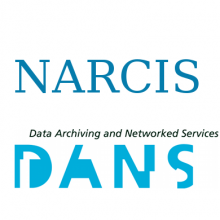Resource information
The dearth of land information on customary lands limits the development and application of land consolidation. This paper presents and discusses the results of an experiment carried out to test the potential of participatory land administration applied on customary lands in support of land consolidation. The concept of Participatory Land Administration (PLA) which is developed in the context of the evolution of crowdsourced, volunteered, and participatory approaches provides new insights into neogeography and neocadastre, and fit-for-purpose and pro-poor land administration. The experiment’s area of interest is in Northern Ghana, a village called Nanton, where the local farming community was engaged to develop the process. The study involved collecting land information relating to farms over a two-week period, using a mobile app and an orthophoto, based on PLA. The results show that though PLA can potentially support land consolidation, further investigation is needed on how it can be integrated into the formal land registration system.


